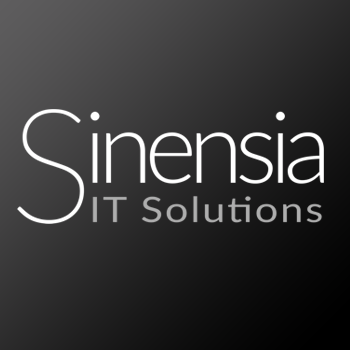
Descripción: Curso Introduction to IBM i for New Users
Formación en IBM i
In this classroom course, you will learn basic concepts and skills you need to be productive users on Power Systems with IBM i. With plenty of hands-on lab exercises, we show everything from signing onto the available user interfaces; green screen environment and IBM Navigator for i.\nYou will learn how objects are managed on the system and how you display these objects. You will learn to use control language (CL) commands (fast path) and how to work with and manage messages on the system. Students will also learn how to the system manages work and how you manage your printouts. Lastly, students will also get a basic overview of security.
Formación IBM
New UsersDetalles
Contáctenos a través de >éste formulario<
Precios especiales para la formación de grupos
Podemos adaptar cualquier curso a sus necesidades, e impartirlo en sus instalaciones o en nuestros centro de formación ContáctenosCursos relacionados


